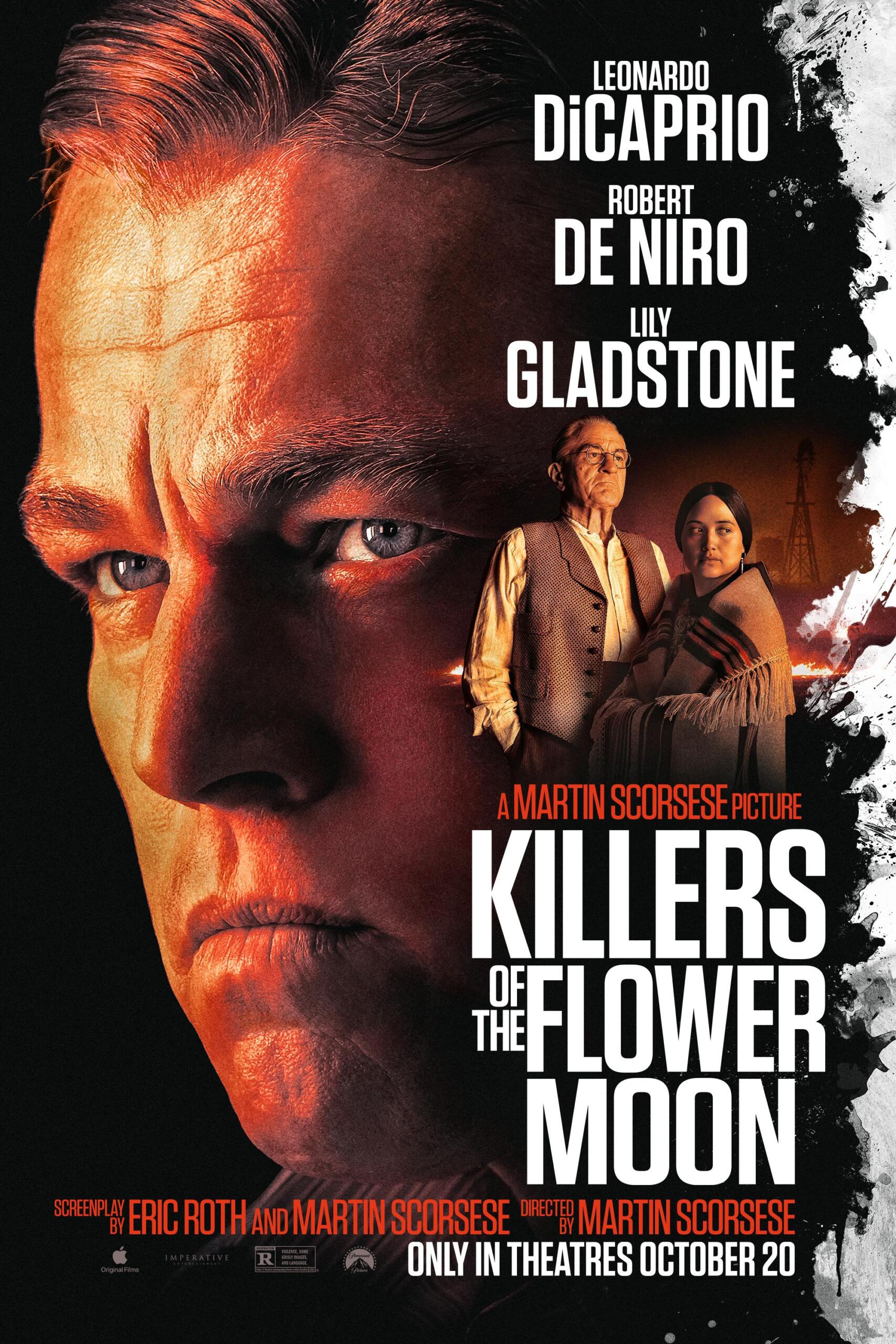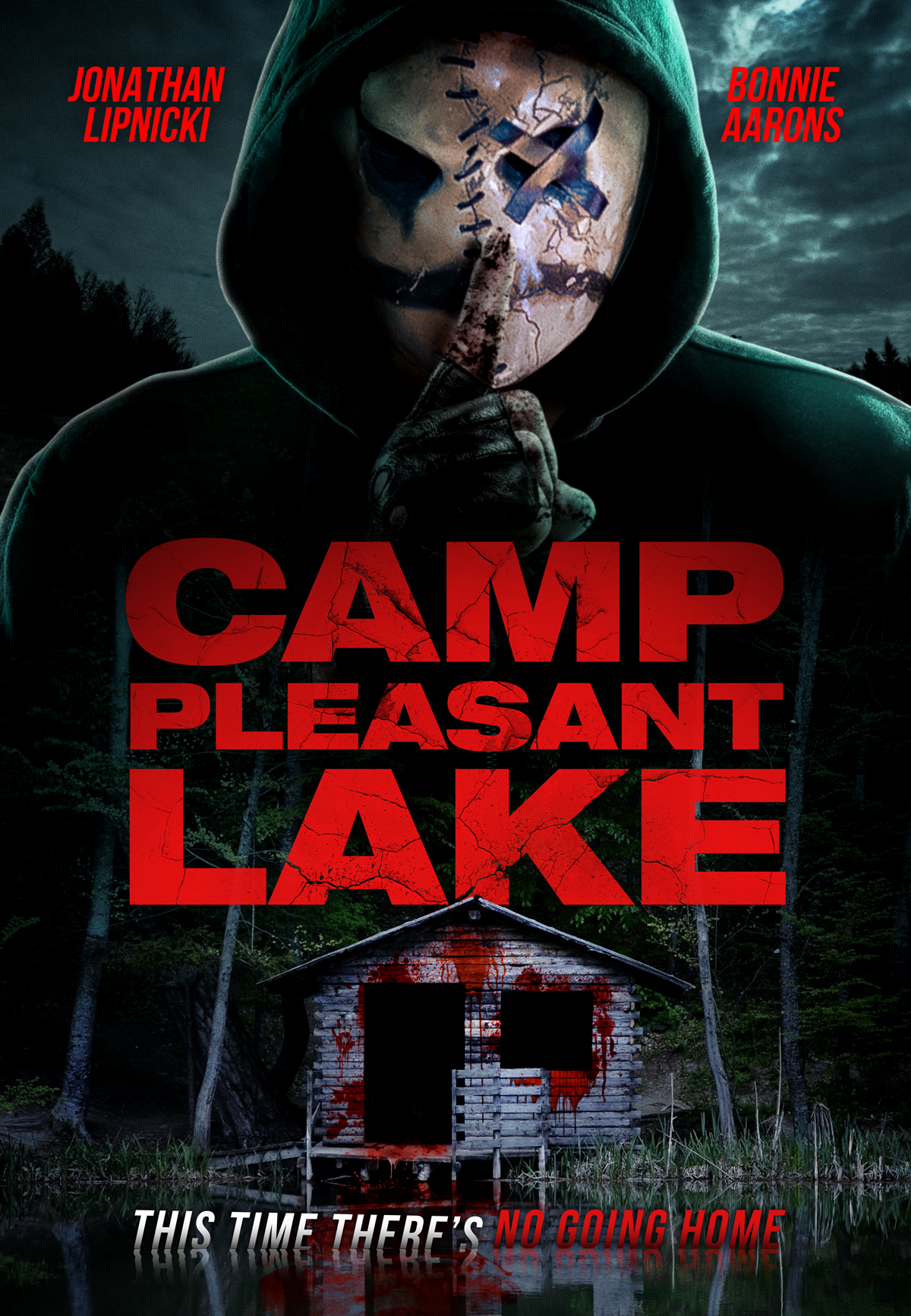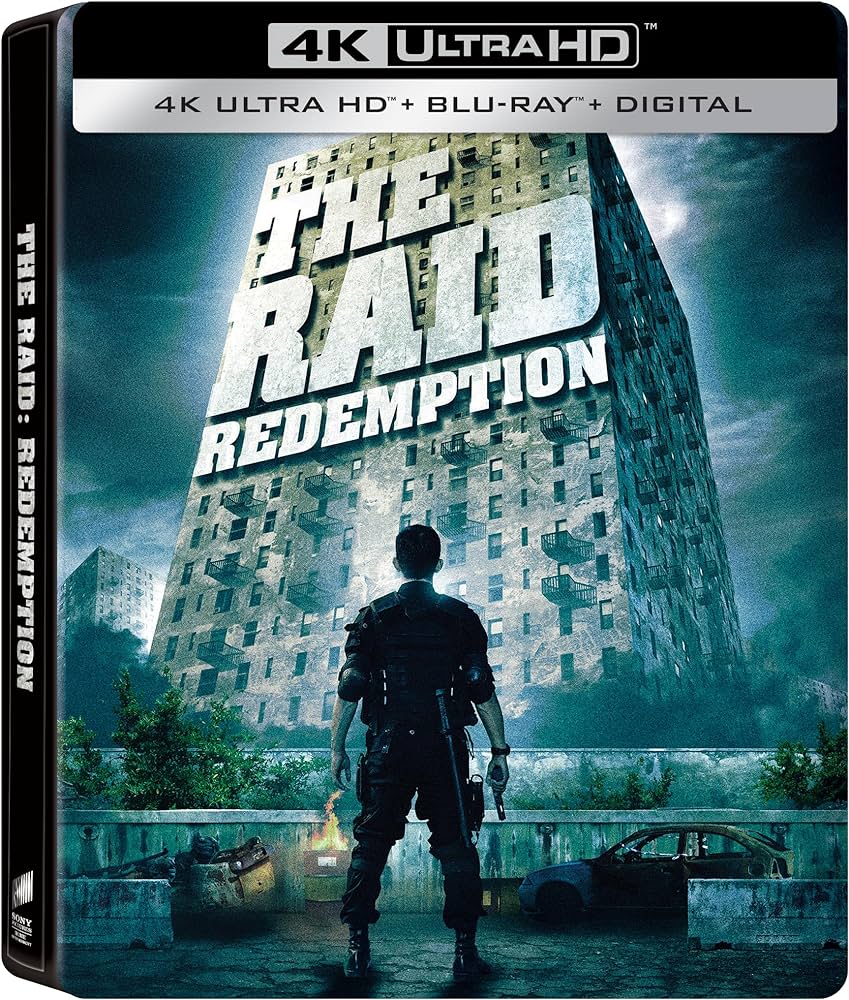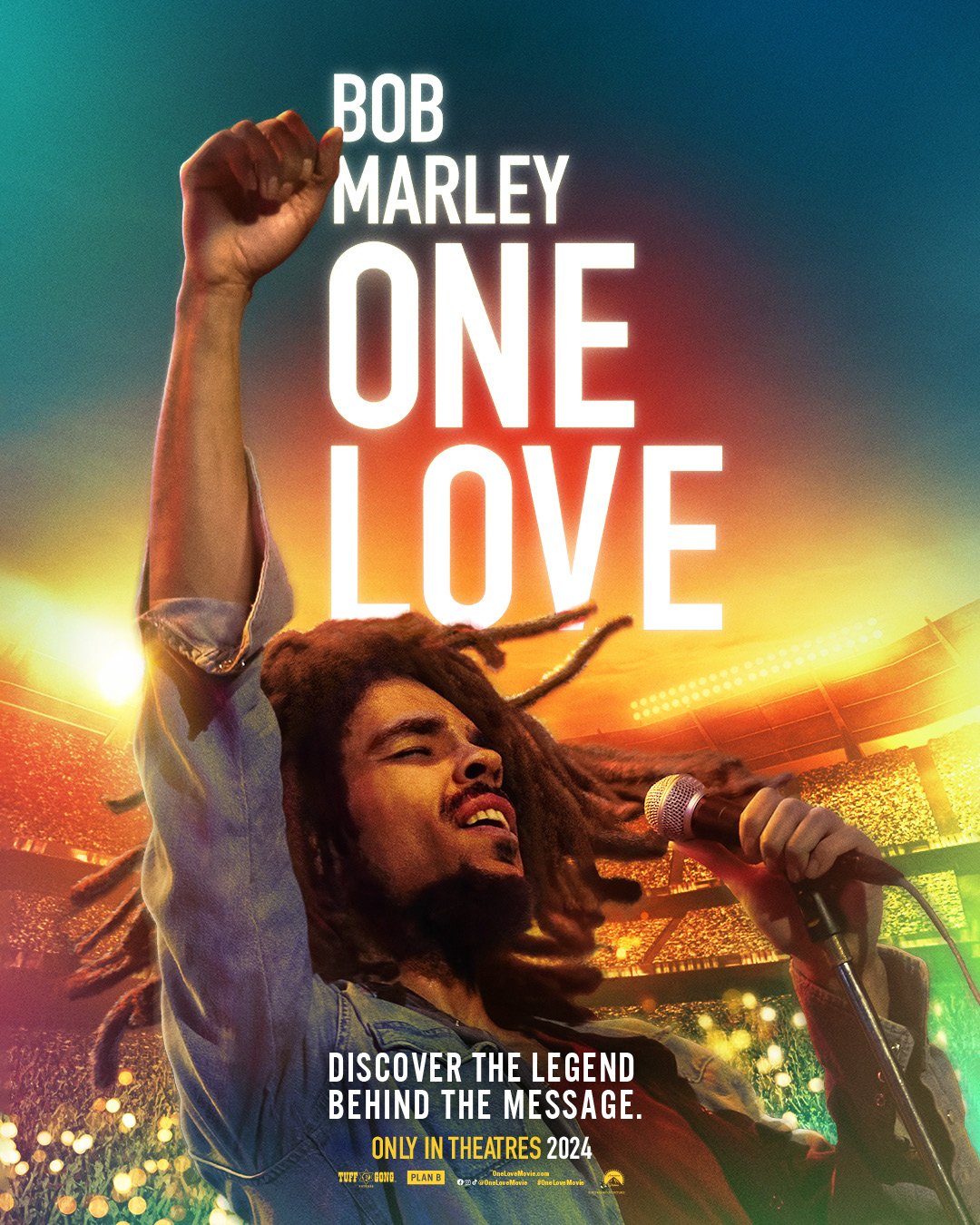Oppenheimer, Christopher Nolan’s epic story about the dawn of the Atomic Age, dominated the nominations for the 96th Annual Academy Awards, earning a total of (13) nominations, including Best Picture and Best Director for Nolan. Also earning double-digit nominations, Poor Things and Killers of the Flower Moon, which received (11) and (10) nods respectively. Both films are also in the running for Best Picture, alongside American Fiction, Anatomy of a Fall, Barbie, The Holdovers, Maestro, Past Lives and The Zone of Interest.
The nominations were announced by Zazie Beetz and Jack Quaid, who for some reason seemed to think they were leading a pep rally. Their vocal inflections and over enthusiasm for some nominees were actually pretty annoying.
This year’s acting nominations were a great representation of the talent working today. Kudos to Jeffrey Wright, who is great in anything he does, earning his first Best Actor nomination for American Fiction. A surprise non-nominee in this category was Leonardo DiCaprio for Killers of the Flower Moon. In Leo’s defense, it was a strong season for acting this year so no shame in not making the top five. His Killers co-star, Lily Gladstone, became the first Native American actor to be nominated for an acting award.
2023’s biggest moneymaker, Barbie, earned (8) nominations, including Best Supporting Actor for Ryan Gosling, Best Supporting Actress for America Ferrera and Best Adapted Screenplay. Surprisingly, star (and co-producer) Margot Robbie, did not earn a Best Actress nod.
Martin Scorsese, at age 81, became the oldest nominee in the Best Director category, earning his tenth nomination in this category for Killers of the Flower Moon.
The great John Williams received nomination number (54) when he earned a nod for his original score for Indian Jones and the Dial of Destiny.
The 96th Annual Academy Awards will air on Sunday, March 10th.
Below is a complete list of nominees:
Best Picture
“American Fiction”
“Anatomy of a Fall”
“Barbie”
“The Holdovers”
“Killers of the Flower Moon”
“Maestro”
“Oppenheimer”
“Past Lives”
“Poor Things”
“The Zone of Interest”
Best Actor
Bradley Cooper, “Maestro”
Colman Domingo, “Rustin”
Paul Giamatti, “The Holdovers”
Cillian Murphy, “Oppenheimer”
Jeffrey Wright, “American Fiction”
Best Actress
Annette Bening, “Nyad”
Lily Gladstone, “Killers of the Flower Moon”
Sandra Hüller, “Anatomy of a Fall”
Carey Mulligan, “Maestro”
Emma Stone, “Poor Things”
Best Supporting Actor
Sterling K. Brown, “American Fiction”
Robert De Niro, “Killers of the Flower Moon”
Robert Downey Jr., “Oppenheimer”
Ryan Gosling, “Barbie”
Mark Ruffalo, “Poor Things”
Best Supporting Actress
Emily Blunt, “Oppenheimer”
Danielle Brooks, “The Color Purple”
America Ferrera, “Barbie”
Jodie Foster, “Nyad”
Da’Vine Joy Randolph, “The Holdovers”
Best Director
Jonathan Glazer, “The Zone of Interest”
Yorgos Lanthimos, “Poor Things”
Christopher Nolan, “Oppenheimer”
Martin Scorsese, “Killers of the Flower Moon”
Justine Triet, “Anatomy of a Fall”
International Feature Film
“Io Capitano,” Italy
“Perfect Days,” Japan
“Society of the Snow,” Spain
“The Teachers’ Lounge,” Germany
“The Zone of Interest,” United Kingdom
Animated Feature Film
“The Boy and the Heron”
“Elemental”
“Nimona”
“Robot Dreams”
“Spider-Man: Across the Spider-Verse”
Adapted Screenplay
“American Fiction”
“Barbie”
“Oppenheimer”
“Poor Things”
“The Zone of Interest”
Original Screenplay
“Anatomy of a Fall”
“The Holdovers”
“Maestro”
“May December”
“Past Lives”
Visual Effects
“The Creator”
“Godzilla Minus One”
“Guardians of the Galaxy Vol. 3”
“Mission: Impossible – Dead Reckoning Part One”
“Napoleon”
Original Score
“American Fiction”
“Indiana Jones and the Dial of Destiny”
“Killers of the Flower Moon”
“Oppenheimer”
“Poor Things”
Original Song
“It Never Went Away” from “American Symphony”
“I’m Just Ken” from “Barbie”
“What Was I Made For?” from “Barbie”
“The Fire Inside” from “Flamin’ Hot”
“Wahzhazhe (A Song For My People)” from “Killers of the Flower Moon”
Documentary Feature Film
“20 Days in Mariupol”
“Bobi Wine: The People’s President”
“The Eternal Memory”
“Four Daughters”
“To Kill a Tiger”
Cinematography
“El Conde”
“Killers of the Flower Moon”
“Maestro”
“Oppenheimer”
“Poor Things”
Costume Design
“Barbie”
“Killers of the Flower Moon”
“Napoleon”
“Oppenheimer”
“Poor Things”
Animated Short Film
“Letter to a Pig”
“Ninety-Five Senses”
“Our Uniform”
“Pachyderme”
“War Is Over! Inspired by the Music of John & Yoko”
Live Action Short Film
“The After”
“Invincible”
“Knight of Fortune”
“Red, White and Blue”
“The Wonderful Story of Henry Sugar”
Documentary Short Film
“The ABCs of Book Banning”
“The Barber of Little Rock”
“Island in Between”
“The Last Repair Shop”
“Nǎi Nai & Wài Pó”
Film Editing
“Anatomy of a Fall”
“The Holdovers”
“Killers of the Flower Moon”
“Oppenheimer”
“Poor Things”
Sound
“The Creator”
“Maestro”
“Mission: Impossible – Dead Reckoning Part One”
“Oppenheimer”
“The Zone of Interest”
Production Design
“Barbie”
“Killers of the Flower Moon”
“Napoleon”
“Oppenheimer”
“Poor Things”
Makeup and Hairstyling
“Golda”
“Maestro”
“Oppenheimer”
















